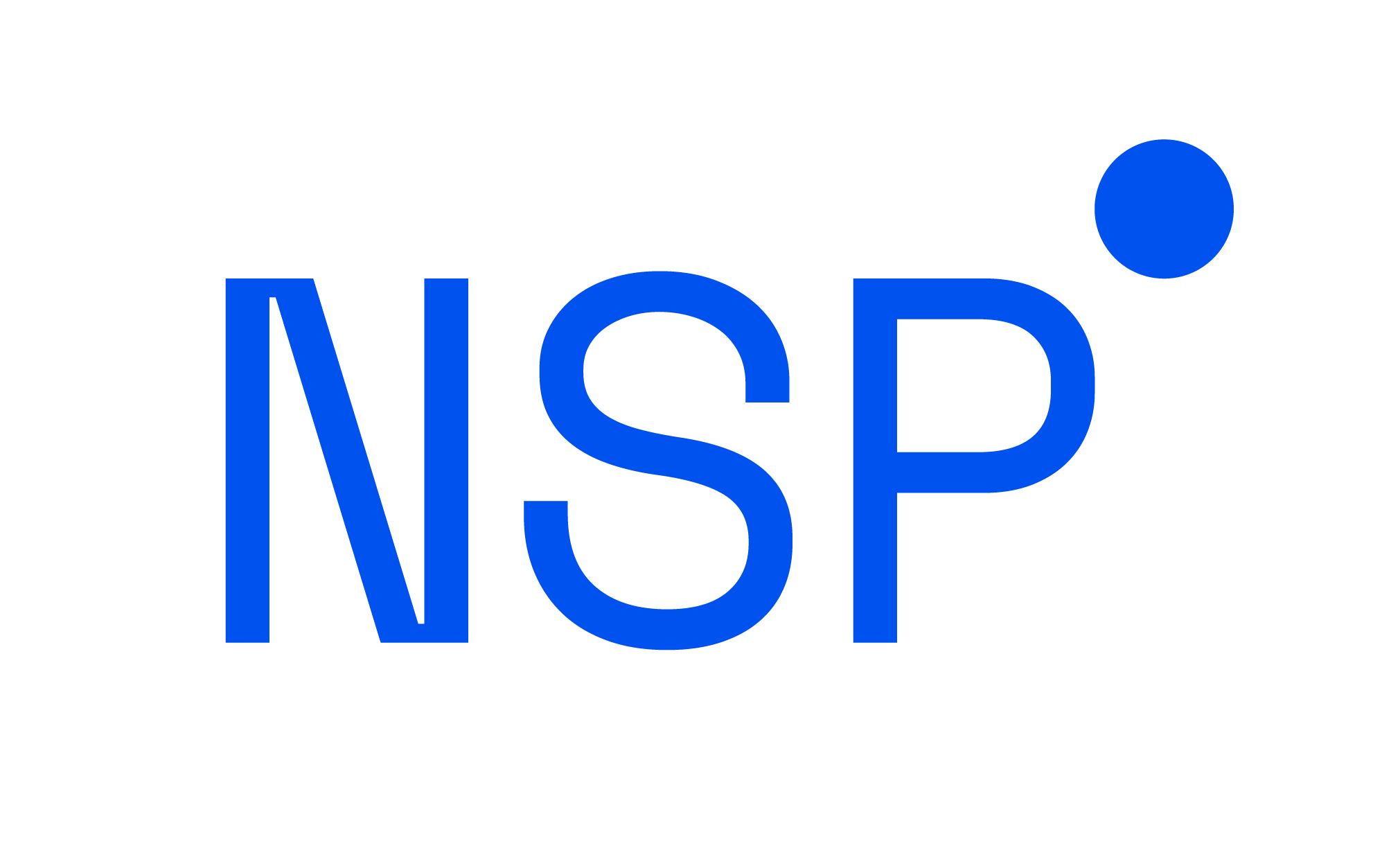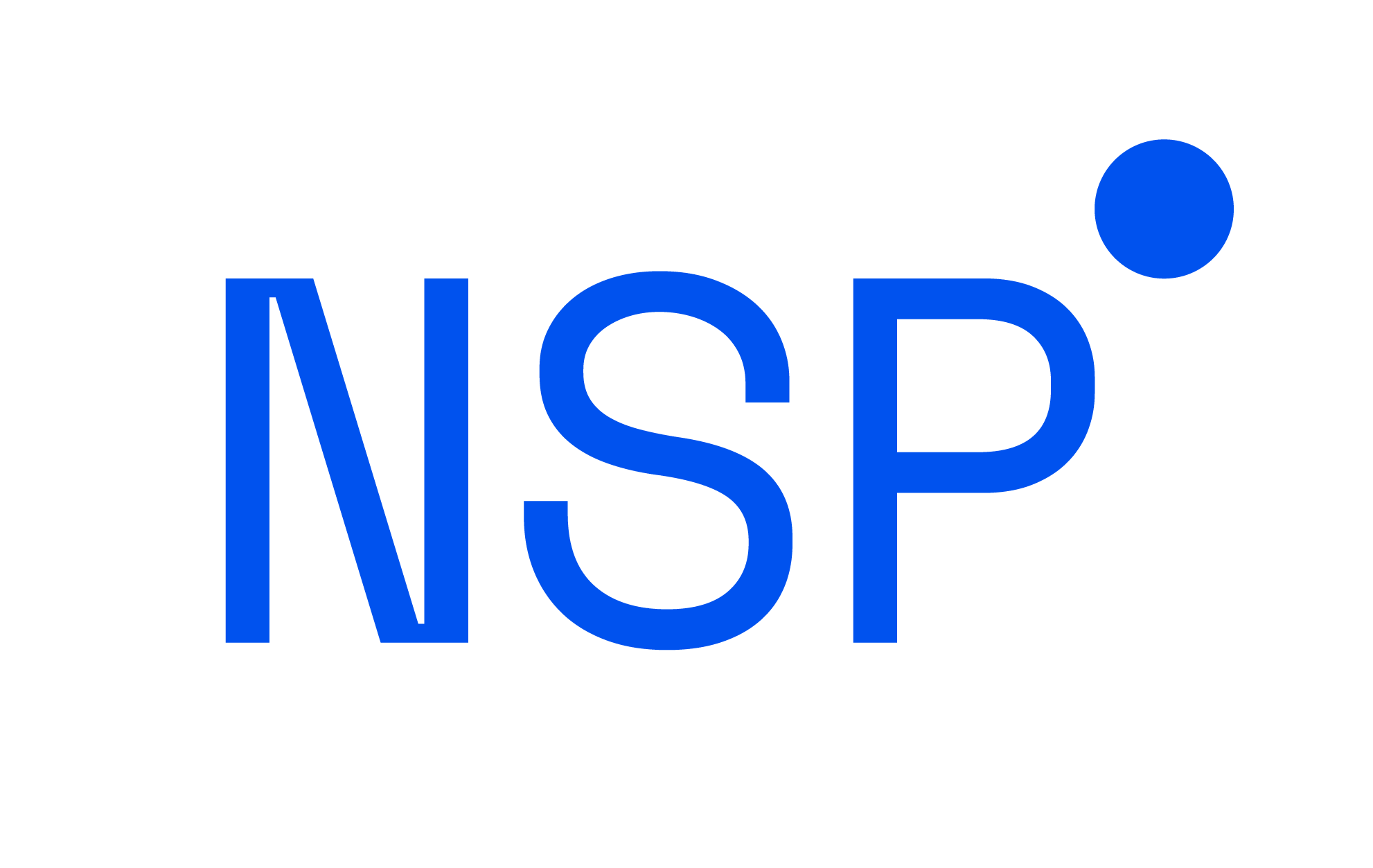
Mark Murphy, the author of Hiring For Attitude, leadership trainer and CEO of Leadership IQ, has trained companies like Microsoft and IBM. In one of his research he tracked 20,000 new hires, and found that 46% of them failed within 18 months.
Even more shocking than the failure rate was the fact that 89% of the time it happened for attitudinal problems towards work and colleagues, and only 11% for lack of expertise. The attitudinal deficits included low levels of emotional intelligence, motivation, and temperament.
In today's fluid and interpersonal workplaces, skills such listening and learning from criticism, collaborating with others, working under pressure, presenting ideas effectively, and a having a positive, flexible attitude become all vital qualities for career success.
And while studying takes us on a path towards acquiring those hard, technical skills that we need to manage our job operationally, soft skills have little to do with knowledge or expertise. They are closely linked with our character.
As a combination of social competences, communication abilities, and emotional intelligence, soft skills are the spearhead of our inner nature and a direct result of our personal inclinations, which can strengthen or weaken them.
Some personality traits, in particular, have proven to be strong predictors of career success, leading to superior performances in general people’s working lives and within different jobs.
Let’s look at two important - yet not so well-known - personality traits: Internal Locus of Control, the key to success in any work environment; Need for Closure, which can have a different impact in various job functions.
Locus of Control
Locus of Control is our tendency to believe that 'control' resides internally within us, or externally, with others or the situation.
Individuals with an internal Locus of Control (called "internals") feel that they are in charge of their life and have primary responsibility for their actions, whether they are successes or failures.
Individuals with an external Locus of Control (called "externals") tend to feel more vulnerable and view themselves as victims of circumstances, fate, luck, and the influence of other people. They are more likely to make excuses or blame other people, events, or things, rather than taking responsibilities.
Having an internal Locus of Control is a source of energy, motivation, and confidence, which represents an advantage at all levels within an organization in many areas and situations. For example:
Effective Leadership. An "internal" leader is more likely to be favored by group members. One reason is that "internals" are perceived as more influential than "externals" because they take responsibility for events, emphasizing that they can change unfavorable conditions.
Taking the Initiative. Effective managers demonstrate a strong self-efficacy and an internal Locus of Control when they take steps to circumvent obstacles, actively seek information to solve problems, and usually initiate action, rather than waiting for things to happen.
Occupational Well-being. Amongst other things, Locus of Control is found to be a strong predictor of occupational health, and 'internal' employees show higher levels of job satisfaction and lower levels of job insecurity.
Need for Closure
Need for Closure (NFC) describes people's desire for a firm answer to a question or an issue and an aversion toward ambiguity.
A person with a high NFC prefers order and predictability and, in uncertain situations, tends to seek closure urgently. In contrast, a person with a low NFC tends to tolerate more, or even to look for the fluidity of uncertain situations.
In business and management, this personality trait has significant implications. For example:
Decision Making. Employees' level of NFC can serve as a useful criterion to select decision makers in organizations, by identifying the decision-making style that fits better with a job function. People with a high NFC prefer to think about black-or-white solutions and simplified dichotomization. They are more willing to make instant decisions, whereas people with a low need for closure prefer to postpone decisions and carry out a more in-depth evaluation, even if it takes extra time.
Leadership Behavior. Experimental findings have highlighted that individual differences in the desire to reduce uncertainty affect people's leadership style. For example, supervisors that are high on NFC tend to show an autocratic leadership and a preference for 'hard power' tactics of social influence, whereas 'soft power' tactics are those that managers with a low NFC value most.
Coping with Change. Because of their desire for stability and permanence, people with a high NFC feel uncomfortable with change. They are also more resistant to changing their minds and yielding to persuasion attempts. For example, high NFC levels are associated with political conservatism, an ideology whose core definition involves resistance to change.
Personality assessments have always been a common practice amongst large companies, to identify peoples' strengths and weaknesses and help HR managers decide whether or not an employee is a good organizational fit. To this end, traditional paper-based and web-based questionnaires are still today the primary tool used by companies.
Technology, however, is changing the face of the HR world by progressively, but rapidly, automating processes on previously unimaginable scales. Today's softwares can do much more than grade multiple-choice questions to measure people's technical skills.
With natural language processing and machine learning algorithms analyzing things like keywords, intonation, and body language, it becomes possible to capture more intangible human qualities. This data can then be used to create a psychological profile that allows HR managers to predict whether a person's attitudes fit with the company’s culture, values, and desired behaviors.
For the past year, the consumer-goods giant Unilever - for which about 170,000 employees work worldwide - has been using artificial intelligence to screen all its entry-level employees, and neuroscience-based games to measure their inherent traits. The company needed to renew itself, and transforming new talent recruitment by digitizing the first steps of the hiring process was a great way to do so, says Mike Clementi, VP of human resources for North America.
More and more, it has become clear that Artificial Intelligence not only improves the work processes of employees by automating time-consuming daily tasks; it is revolutionizing the HR world at all stages. Let’s look at some of them:
Hiring Process. By scanning resumes, machine learning algorithms can do initial screenings to identify the best candidates, eliminate unqualified prospects, and then create shortlists that can be organized based on specific skills, keywords or employment history.
Training Methods. By recording how an employee is responding to an ongoing training program, AI can help HR managers to better tailor future training sessions to each worker.
Performance Evaluation. By analyzing productivity data, AI can help to measure how well an employee is performing, thus becoming a supplemental tool to management decisions.
Turnover Prediction. By analyzing employee engagement data, gathered from quantitative surveys or qualitative methods, AI can determine an employee’s level of commitment or satisfaction, and better predict if he or she is at risk of leaving. That allows HR managers to decide whether to adopt some backup retention measures or provide new growth opportunities.
There have been great strides in the HR world, since technology was usually seen simply as a tool to streamline technical procedures. A turning point comes when AI applications are increasingly expanding from specific standardized, low cognitive demand tasks, to typically human jobs, such as discovering the human side of employees, from their temporary feelings and emotions to their stable personality traits.
We cannot predict the future of HR with a 100 percent certainty, but what we can see is undoubtedly a world where technology will embrace more and more the human side of people.
Photo by Larm Rmah on Unsplash
Download The 7 Pillars Of The New Customer Loyalty to define the foundations on which to build your engagement and loyalty strategy, create innovative experiences and establish a lasting and valuable relationship with your customers.



 Your magnifing glass to deeply understand your users and increase the value of each relatonship.
Your magnifing glass to deeply understand your users and increase the value of each relatonship. Listen to the voice of your customers deeply to understand what they truly want.
Listen to the voice of your customers deeply to understand what they truly want. The Lead Generation Platform to get leads from anonymous traffic on your website.
The Lead Generation Platform to get leads from anonymous traffic on your website.  Understand the behavior of people in physical spaces and monitor safety requirements.
Understand the behavior of people in physical spaces and monitor safety requirements. The Digital Commerce Platform designed to follow the most modern technological standards..
The Digital Commerce Platform designed to follow the most modern technological standards.. The XReality platform to tell brand and product stories by connecting physical and digital worlds.
The XReality platform to tell brand and product stories by connecting physical and digital worlds. Points, rewards, levels, badges, missions: a world of nudges to nurture your customer community.
Points, rewards, levels, badges, missions: a world of nudges to nurture your customer community. Discover all the other solutions!
Discover all the other solutions!









